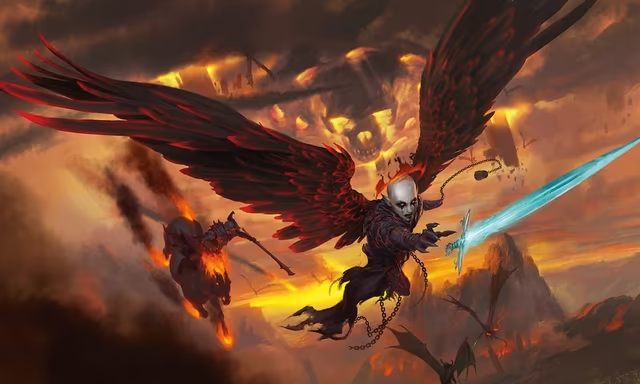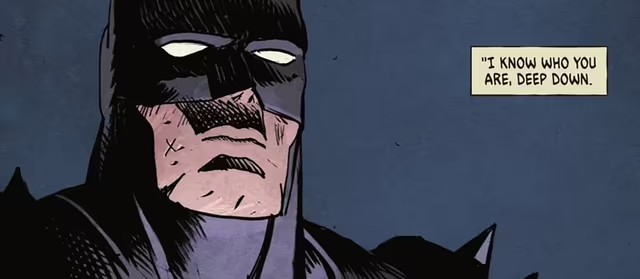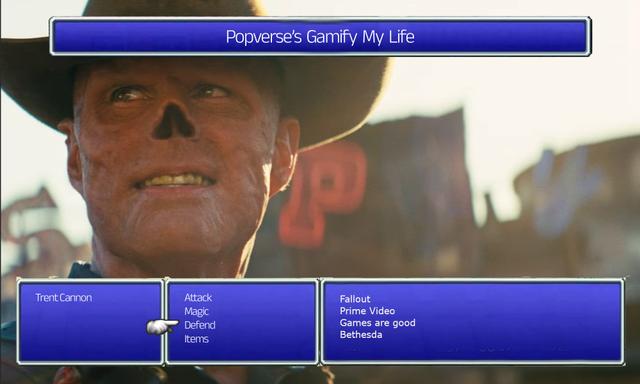If you click on a link and make a purchase we may receive a small commission. Read our editorial policy.
"It's about a way of seeing that transforms the world": Grant Morrison on Luda and everything else
The iconic writer talks about their first prose novel, drag, what fills the nothingness at the heart of things, and growing old gracefully

As I’ve said more than once, to paraphrase Jarvis Cocker, I am not Grant Morrison though I have the same initials.
I’ve always had an affinity for the writer, going all the way back to their Zoids and Zenith work way back in the late '80s (I’m old), and that’s something that’s only grown more true in the subsequent decades where they’ve moved in different directions at a time when I’ve found myself particularly receptive to what they’re writing. The '90s one-two punch of The Invisibles and Flex Mentallo: Man of Muscle Mystery, arguably two of their defining works, felt particularly potent, but I could say the same about things like The Filth or Seven Soldiers of Victory: The Bulleteer.
That’s especially true when it comes to their latest venture, Luda. Their
Subscribe to Popverse to read this article
Become a member and get first access to tickets and badges to our events, photo ops, exclusive content, and more.
Follow Popverse for upcoming event coverage and news
Find out how we conduct our review by reading our review policy
Let Popverse be your tour guide through the wilderness of pop culture
Sign in and let us help you find your new favorite thing.
















Comments
Want to join the discussion? Please activate your account first.
Visit Reedpop ID if you need to resend the confirmation email.